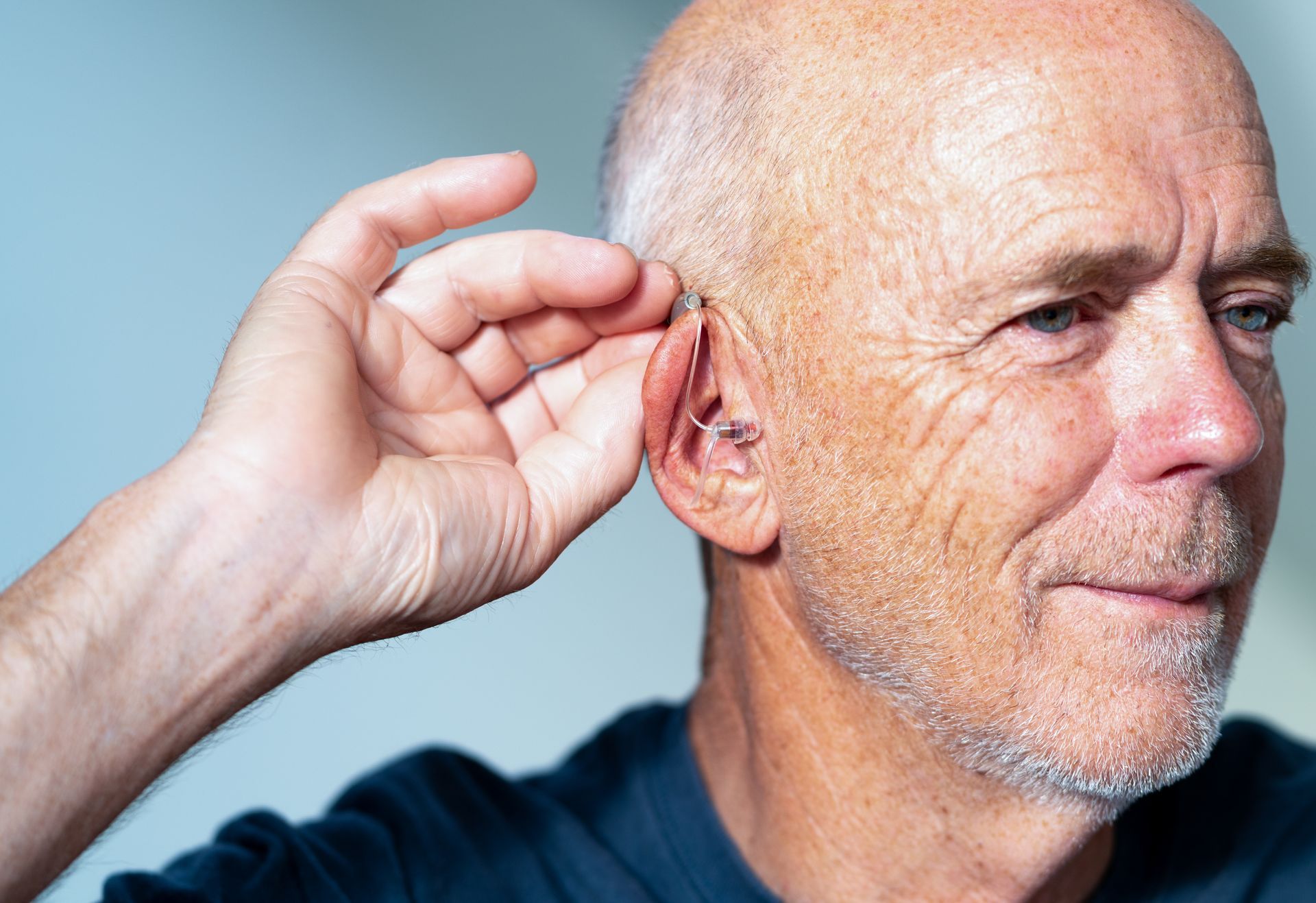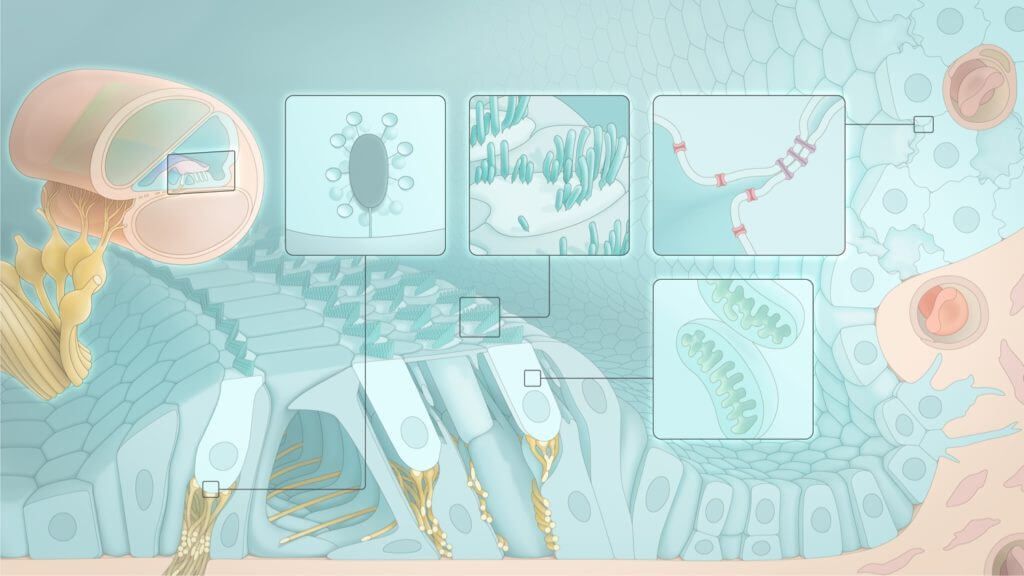Tips to Lower Your Risk of Hearing Loss
Hearing loss causes are generally categorized as congenital or acquired. Congenital hearing loss is caused by factors present at birth, such as genetics, maternal diabetes and more. Because these causes are present at birth, they cannot be changed. Acquired causes are a little different.
Acquired causes are those acquired after birth during any time in a person’s life. Some common acquired causes include but are not limited to:
- Loud noise exposure
- Head injury
- Ototoxic drugs
- Certain diseases and infections
Let’s discuss some positive changes you can make to lower your risk of hearing loss.
Minimize Noise Exposure
Approximately 17% of adults aged 20-69 years have suffered permanent damage to their hearing from excessive noise exposure. Noise exposure is one of the most common causes of hearing loss and one of the easiest to prevent through lifestyle changes.
Two ways that you can minimize your noise exposure are:
- Wearing hearing protection. Earmuffs and earplugs dampen the force with which sound hits the ear. Wearing hearing protection when loud noise cannot be avoided will help ensure your ears are not permanently damaged.
- Lowering the volume. Lowering the following on TVs, stereos and headphones is a great way to prevent noise-induced hearing loss. Keep your devices below 70 decibels to help prevent damage.
Read Your Medication Labels
Medications that cause hearing loss and tinnitus are known as ototoxic drugs. There are currently over 200 known ototoxic medications used to treat infections, cancer and heart disease on the market today. Because ototoxic drugs often treat serious life-threatening conditions, they cannot always be avoided.
Reading the side effects of your medications and talking to your healthcare team about the effects of certain drugs on your hearing will help you make an informed decision about your treatment plan.
Promptly Treat Diseases and Infections
Untreated diseases and infections have the potential to damage the ear and lead to temporary or permanent hearing loss. Some common hearing loss-causing diseases and infections include but are not limited to:
- Ear infections
- Meningitis
- Measles
- Encephalitis
- Influenza
- Chickenpox
- Mumps
These conditions should be treated promptly to prevent lasting hearing damage. Take yourself or your child to the doctor immediately if symptoms arise, and make sure to stay up to date on any available vaccinations for the listed conditions.
Following these three tips will help prevent unnecessary hearing damage or loss. Contact Center For Hearing today for more tips about improving your hearing health.
- Understanding Infant Hearing Loss
- The Relationship Between Exercise and Hearing Loss
- Muffled Hearing: Common Causes and Solutions



